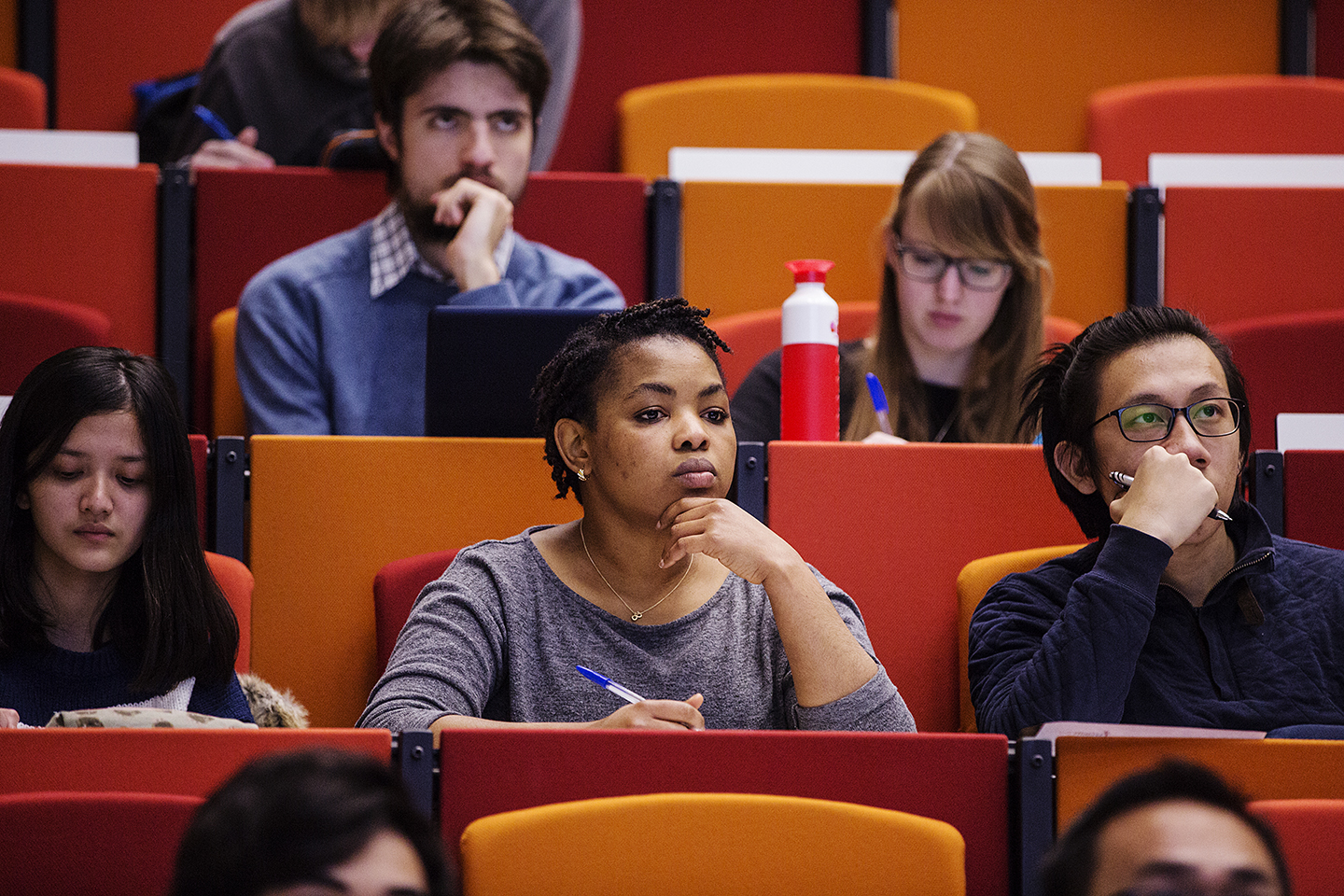From now on, students from outside Europe may work more hours and will have more opportunities for internships. These new regulations take effect this week.
(Photo: Marc Blommaert/TU Delft)
According to a Nuffic (the Dutch organisation for internationalisation in education) announcement, the new European directive now allows students from outside the EU to work for sixteen hours a week. This is six hours more than was previously permitted. “The EU directive requires a minimum of fifteen hours per week,” says Nuffic policy officer, Floor van Donselaar, “and the Netherlands has made this sixteen hours, which amounts to two full working days.”
No bureaucratic hassle
Through this directive, the EU is making it easier for internationals to study and work part-time in Europe. However, so-called ‘third-country nationals’ from outside the EU do need a working permit to work in the Netherlands. The employer needs to apply for one from the UWV (Employee Insurance Schemes Implementing Body), and this process too has been simplified. Van Donselaar explains that “The application forms are clearer so that the process does not bring too much bureaucratic hassle for the employer.”
Applications for work permits, she continues, are rarely rejected. But that said, the permits are seldom applied for. Why this is the case is unclear. “Maybe employers are reluctant to apply because they don’t know the rules. Or they worry about the amount of paperwork,” is her guess. It may also lie with the students themselves. “They come here to study so a part-time job may simply not be priority.”
Work experience
Legislation around internships for non-EU students has also been broadened. From now on, anyone who graduated within the last two years may do an internship of up to one year in the Netherlands. Previously, students from outside the EU may only gain work experience on the Dutch labour market during their course. To avoid non-EU students being underpaid for their work under the guise of an internship, they also need a work permit to do internships.
HOP, Steffi Weber
Do you have a question or comment about this article?
redactie@hogeronderwijspersbureau.nl


Comments are closed.